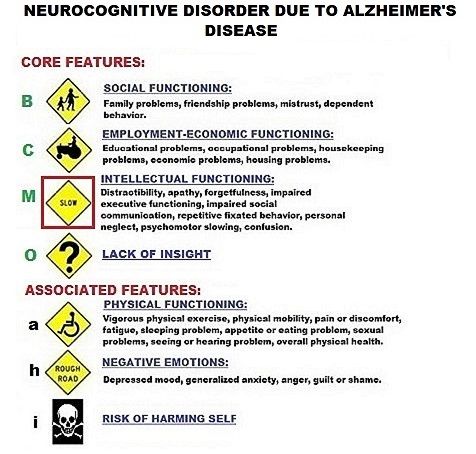
Alzheimer's is a disease that affects the brain and the memory of the affected person. The symptoms include forgetfulness, poor judgment, and difficulty concentrating and remembering things. As nerve cells get damaged, there is also a reduced supply of chemicals (called neurotransmitters), which are involved in transmitting messages from brain to brain.
The first sign of Alzheimer's is the presence of high levels of acetylcholinesterase enzyme in the brain. This enzyme destroys acetyl cholinesterase, a chemical in the brain that breaks down acetyl choline. Low levels of acetyl choline in the brain are especially high in the brains of individuals with Alzheimer's disease. High levels of acetyl cholinesterase cause memory loss in both patients with and without Alzheimer's.
There is no cure for Alzheimer's disease. Treatment consists mainly of managing the symptoms. In Alzheimer's patients, the use of beta blockers or neuroleptic drugs is used to help relieve the symptoms. These drugs have several side effects, including insomnia, loss of appetite, vomiting, dizziness, confusion, and seizures.
Cognitive Behavioral Therapy (CBT) is an effective treatment for those who have mild to moderate symptoms of Alzheimer's. CBT involves a combination of counseling and cognitive behavioral therapy.
The goal of cognitive behavioral therapy is to change the thinking patterns of the person affected by Alzheimer's disease. The treatment focuses on changing the way that the patient thinks and acts about everyday activities, so that he or she can better understand what is happening around him or her. The individual will learn new skills and be taught new habits to help him or her to function normally.
Activities that the person takes part in such as walking, bathing, brushing teeth, dressing, and using the bathroom are monitored through a checklist to determine whether they are doing enough physical activities. Cognitive behavior therapy teaches patients to think about the importance of these activities to their daily lives. They are also taught how to make these tasks as easy as possible and use time more effectively. They learn to plan ahead in order to avoid procrastinating and falling behind in completing these tasks.

Patients with Alzheimer's also learn to set time aside for their thoughts and remember them later
They learn how to organize their day so that they do not get too tired and feel drowsy or stressed out. They are taught how to take a break during the day to refresh their minds and bodies. This helps them to focus and stay focused on the tasks at hand.
Alzheimer's patients also learn to control their emotions. They learn to say "no" instead of "yes". These techniques will not only improve the quality of their lives, but it may even be able to prevent or reduce the occurrence of Alzheimer's itself.
It is important to remember that cognitive behavioral therapy should only be the first line of defense when faced with a potentially disabling condition like Alzheimer's. If the patient is experiencing some mild symptoms, it is important to first try anti-anxiety or anti-depressant medications that do not cause a manic or psychotic episode. The goal of CBT is to build up the patient's cognitive skills so that he or she can live a more active and fulfilling life without suffering from the debilitating symptoms of Alzheimer's disease.
Cognitive Behavioral Therapy also teaches patients how to recognize the warning signs of impending Alzheimer's, how to manage them, and how to deal with the problems that may arise in their lives. As the patient starts to feel the effects of the disorder, he or she will learn new coping strategies to deal with these problems. and will learn to recognize the difference between right and wrong when making important decisions.
Cognitive Behavioral Therapy is not a "one size fits all" approach, however. It requires the patient to commit to attending counseling regularly and participate in the program to the best of his or her ability. If the patient has a family member with Alzheimer's, it is important to involve them in his or her care so that they can become more involved in the treatment process.
Alzheimer's patients who are able to take part in cognitive behavioral therapy will have a much better chance of living a relatively normal life. This type of treatment can help them live longer and lead more productive and meaningful lives. The most important thing is that if Alzheimer's is left untreated, then the patient can lead a fulfilling life that includes healthy relationships, job security, and a sense of independence.